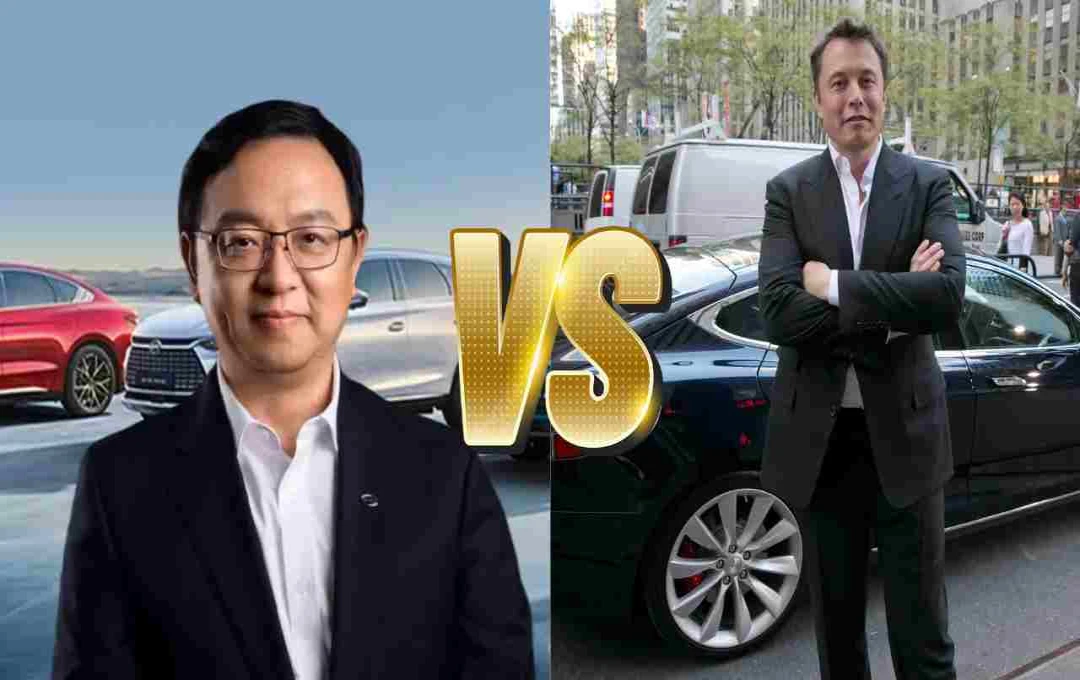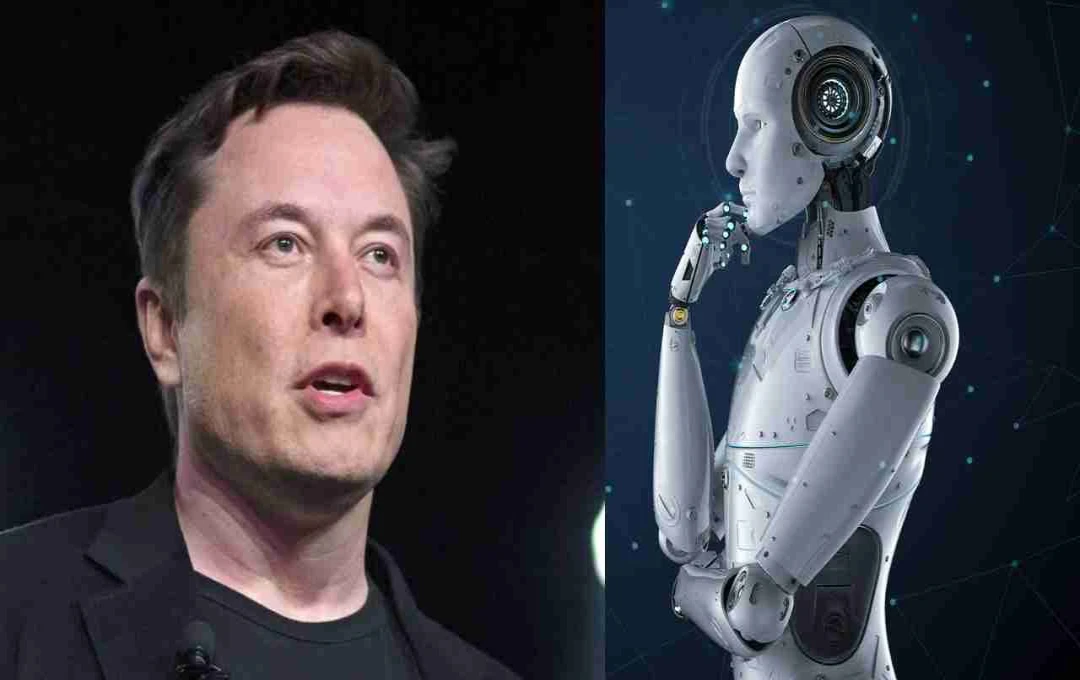The electric vehicle (EV) industry is undergoing a dramatic transformation. While Tesla previously held undisputed leadership, BYD and other companies are now posing a significant challenge. This is not merely a corporate battle; government policies, trade wars, environmental regulations, and consumer behavior all play crucial roles.
According to Subkuz.com's research, this struggle is not just between car companies, but also between technologies, innovations, and global economic forces.
BYD versus Tesla: Who's Ahead and Why?
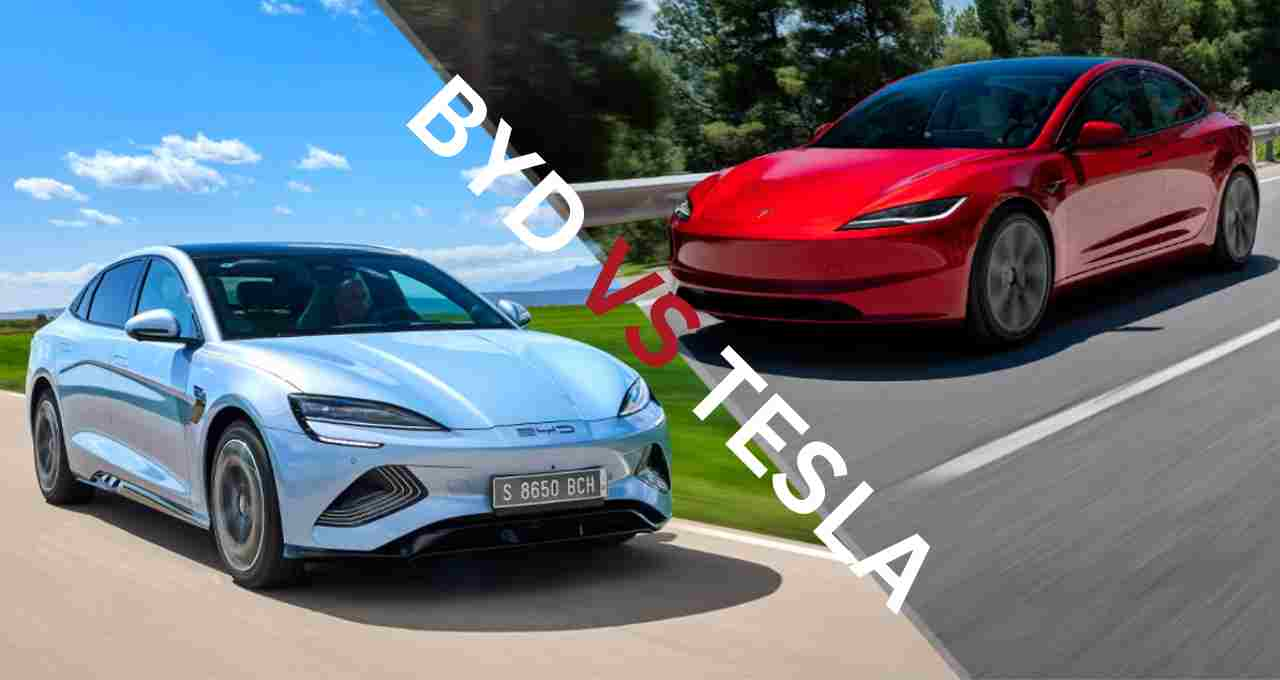
Tesla, considered a pioneer of the EV revolution, is now grappling with the rising dominance of companies like BYD. In 2024, BYD delivered over 3.7 million EVs, compared to Tesla's 1.79 million. According to CNN, BYD's revenue surpassed Tesla's for the first time, indicating its b hold on the EV market.
Reasons Behind BYD's Success
1. Affordable Pricing: BYD's electric vehicles are more affordable than Tesla's, making them popular in the mass market.
2. In-House Battery Production: BYD manufactures its Lithium-Ion batteries in-house, significantly improving its cost efficiency.
3. Chinese Government Support: China's EV-friendly policies and heavy subsidies have strengthened BYD's position.
4. Plug-in Hybrid Vehicles: BYD's plug-in hybrid models recorded 70% growth in 2024, making them a preferred option for transitioning customers.
Tesla's Strategies and Challenges
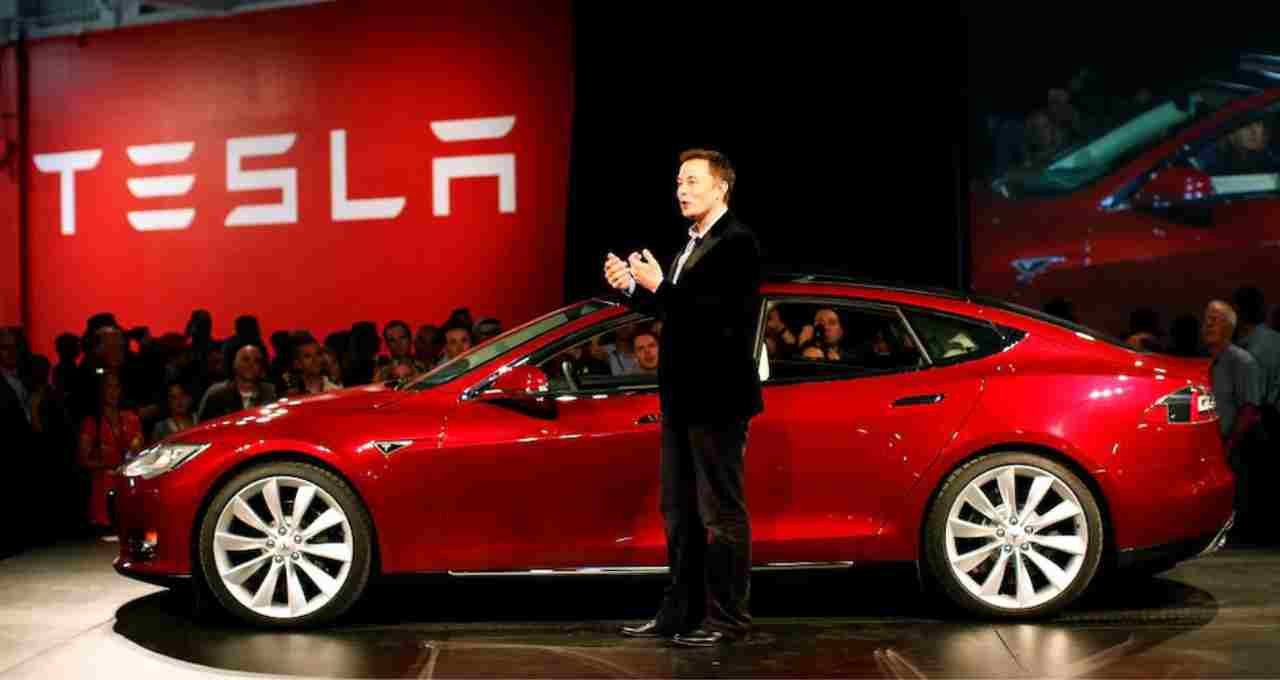
Tesla faces several major challenges:
Price Cuts: Due to increased competition, Tesla had to reduce the price of its Model Y by 10,000 yuan ($1,370).
Political & Brand Image Issues: Elon Musk's political involvement and controversial statements may negatively impact Tesla's brand image.
Decreasing Market Share in China: The growth of BYD and other Chinese EV brands is weakening Tesla's grip on the Chinese market.
Tesla's Responses to these Challenges:
1. Adopted a strategy of reducing EV prices.
2. Invested in new manufacturing facilities (Mexico, India, Indonesia).
3. Increased focus on improving its Full Self-Driving (FSD) technology.
The US-China Tariff War and its Impact on the EV Sector
In 2024, the US government imposed a 100% tariff on imported EVs from China, making it nearly impossible for BYD and other Chinese companies to enter the US market. According to reports from the BBC and the Independent, this tariff war will not be limited to the EV sector but will have long-term effects on global trade.
Elon Musk's Reaction
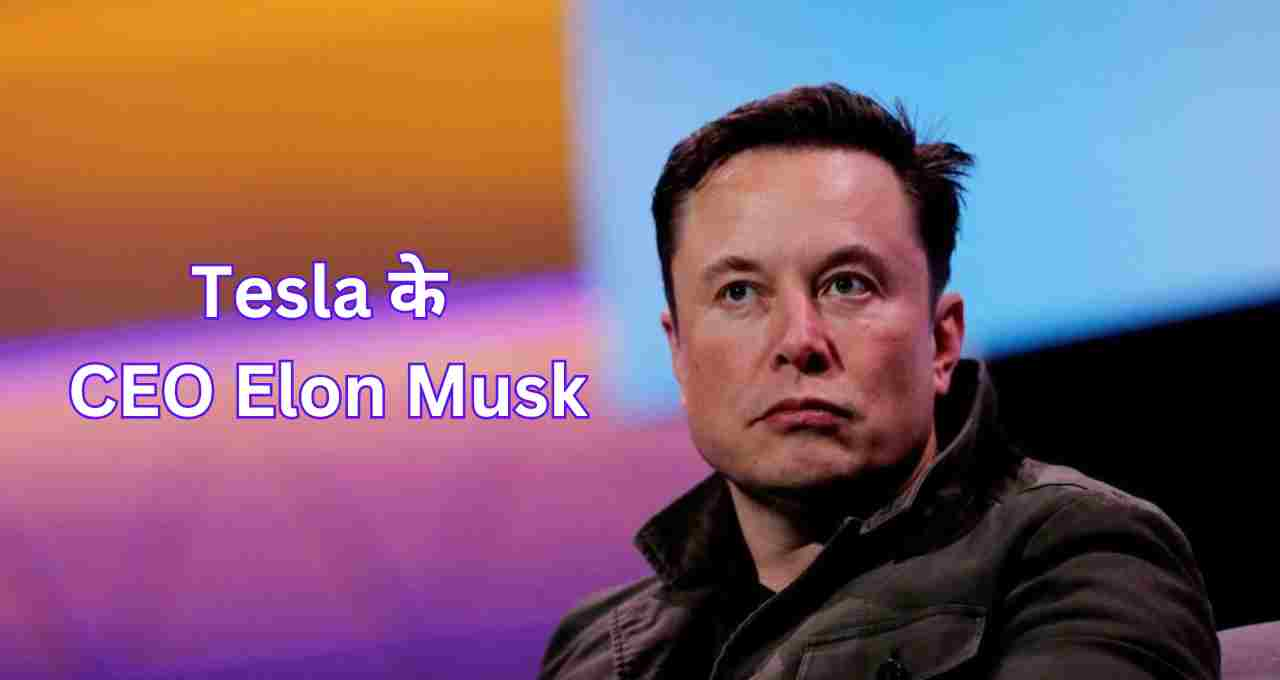
Tesla CEO Elon Musk criticized these tariffs, stating that Tesla never requested them and that they do not need government protectionism.
Tariff Impact on the Global EV Industry
1. EV prices in the US will increase, harming consumers.
2. China will expand rapidly into other markets (Europe, Latin America).
3. Increased R&D and investment in battery production will occur.
Other Major EV Manufacturers and their Strategies
Volkswagen (VW): Europe's EV Strategy
- VW is heavily investing in battery gigafactories under its "Power Day" strategy. VW aims to become a fully electric automobile brand by 2030.
Rivian and Lucid Motors: The Challenge from US Startups
- Rivian: Preparing to compete with Tesla in the EV truck segment.
- Lucid Motors: Posing a b challenge to Tesla in the high-end segment with its Lucid Air series.
Toyota and Honda: Japan's EV Strategy
- Toyota: Still focusing on hybrid and hydrogen fuel cells.
- Honda: Developing electric cars under the Afeela brand in collaboration with Sony.
Future Roadmap and Potential Scenario for the EV Industry (2025-2030)
1. BYD and other Chinese EV manufacturers will rapidly move towards global dominance.
2. Tesla will attempt to strengthen its position through battery technology and self-driving capabilities.
3. European companies will remain major players in the EV market due to sustainability and government support.
4. US startups, if they adopt the right investment and technology strategies, could become a challenge for Tesla.
Who Will Lead the EV Revolution?
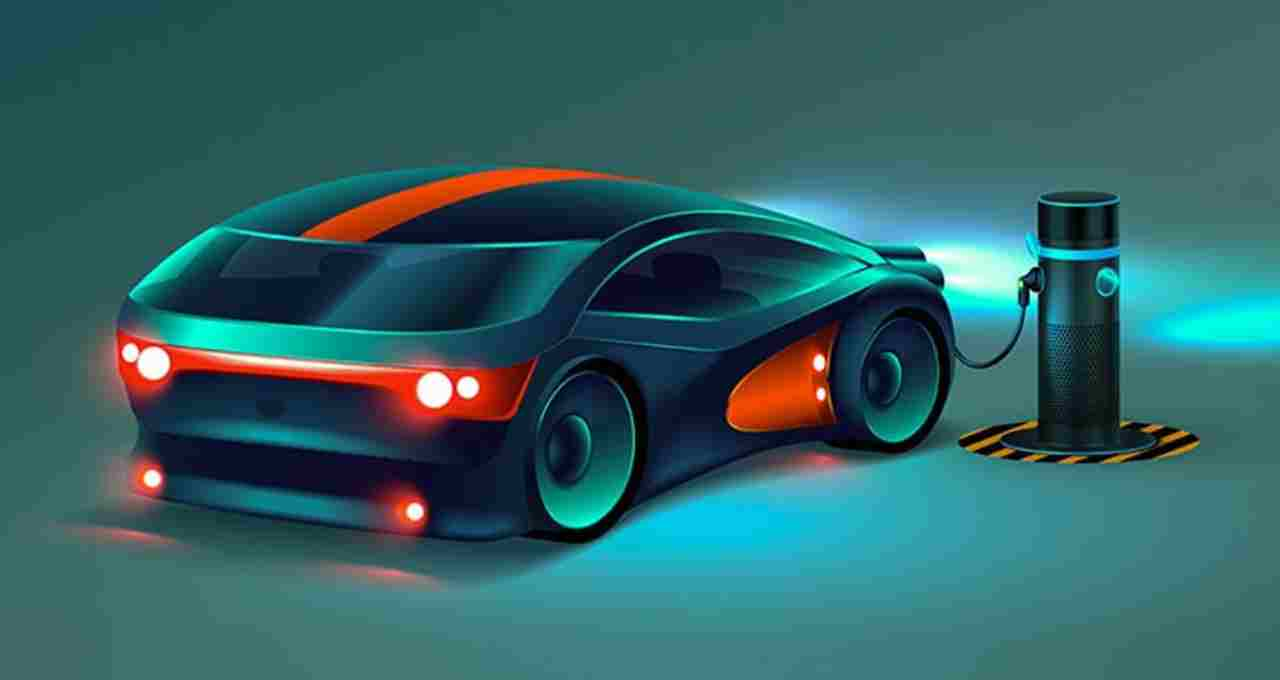
The EV industry is no longer just an automotive sector; it has become an epicenter of technology, politics, global trade, and environmental awareness. According to Subkuz.com's research, the company that successfully balances battery technology, production costs, and international trade policies will emerge as the leader in this race.
